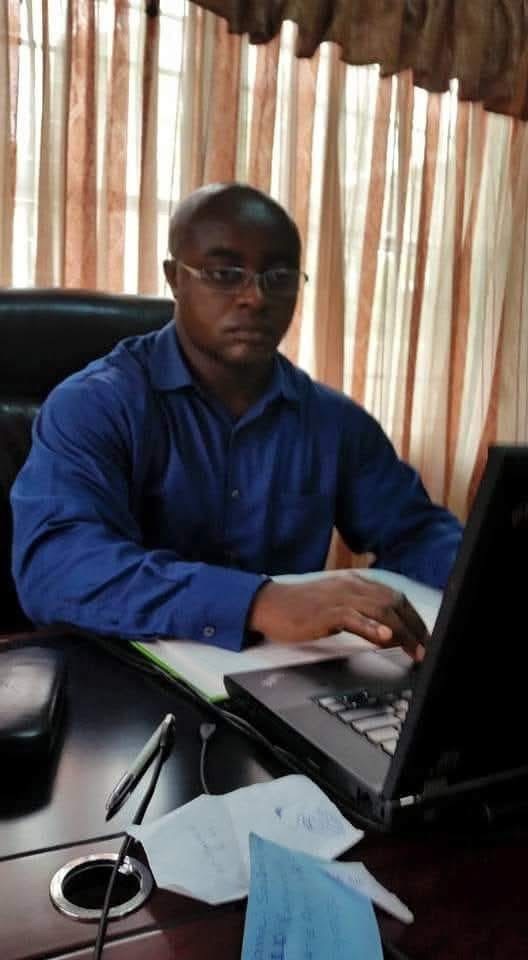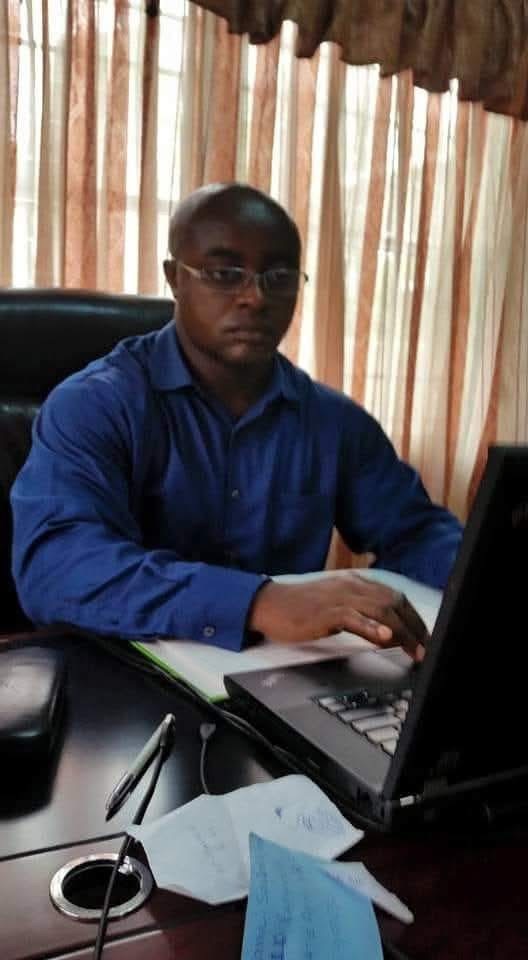
By: Dr. Paul Columbus Collins
Liberia, a nation blessed with abundant mineral resources, finds itself precariously positioned at the crossroads of potential prosperity and the debilitating “Dutch Curse.” This economic phenomenon, where a boom in natural resource exports paradoxically hinders overall economic development, threatens to perpetually undermine Liberia’s potential for sustainable growth. While the ground beneath its feet holds untold riches, the current system of resource management leaves the nation vulnerable, particularly in its reliance on mining companies for crucial export data.
The core tenet of the Dutch Curse lies in the distortion of a nation’s economy due to a surge in revenue from natural resources. 1 This often leads to the neglect of other vital sectors like agriculture and manufacturing, currency appreciation making other exports less competitive, and increased reliance on volatile global commodity prices. For Liberia, a nation still recovering from years of conflict and heavily reliant on external factors, the risks are particularly acute.
Adding to this vulnerability is the alarming reality of how Liberia currently monitors its mineral wealth. Shockingly, the government largely depends on the very mining companies extracting these resources to self-report their export volumes, qualities, and values. This system, fraught with inherent conflicts of interest, creates a situation ripe for underreporting and manipulation.
Government geologists from the Ministry of Mines & Energy, often stationed at mining sites, are placed in a position of dependence. Their ability to independently verify export data is severely limited, as they rely on the mining companies themselves to share this critical information. This lack of independent oversight leaves the government with an incomplete and potentially skewed picture of its natural wealth being extracted and shipped abroad.
Even the independent verification companies, such as Veritas and SGS, play a role that falls short of true, direct oversight. While these entities are contracted to verify exports, their mandate, as stipulated by mineral development agreements, often focuses on the process of verification rather than the direct, independent measurement of quantities, qualities, and values. They essentially audit the paperwork and procedures provided by the mining companies, rather than conducting their own ground-truth assessments.
This systemic weakness has created an environment where mining companies operating in Liberia consistently report annual losses, often attributed to complex and opaque accounting practices like “dodgy transfer pricing” and “transfer costing.” These mechanisms allow companies to artificially inflate costs or deflate revenues in their Liberian operations, shifting profits to subsidiaries in other jurisdictions with lower tax rates. As a result, the Government of Liberia primarily subsists on royalties and advance corporation tax – a fraction of the true potential revenue generated by its mineral exports. The nation is effectively leaving significant wealth on the table, hindering its ability to fund essential public services, invest in infrastructure, and build a more prosperous future for its citizens.
However, a glimmer of hope has emerged with the partnership between Innovatek and Liberian national Paul Columbus Collins. Recognizing this critical gap in Liberia’s resource management, Innovatek is stepping forward with a bold proposition: to support the Liberian government in directly measuring the quantities, qualities, and values of its mineral exports – at zero cost to the nation.
Innovatek’s offer goes far beyond simply providing a service. They are proposing a comprehensive solution that includes:
Revenue Sharing: A commitment to sharing a portion of the accurately identified revenue with the Liberian government.
Capacity Building: Investing in training government and local staff to develop the expertise needed for direct measurement and verification.
Equipment Donation: Providing the necessary equipment for the government to independently conduct these crucial assessments in the long term.
Real-Time Data Sharing: Establishing an online platform for transparent and immediate sharing of export data with the government, ensuring accountability and informed decision-making.
This initiative represents a potential paradigm shift in how Liberia manages its mineral resources. By empowering the government with the tools and knowledge to directly monitor its exports, Liberia can break free from the reliance on self-reporting and gain a true understanding of the wealth being extracted from its soil.
The partnership between Innovatek and Paul Columbus Collins offers Liberia a tangible pathway to mitigate the Dutch Curse. By embracing this opportunity, Liberia can move towards a future where its mineral wealth truly benefits its people, fostering sustainable development and ensuring a fairer share of its natural inheritance. The time for Liberia to take control of its resources and step out from under the shadow of the Dutch Curse is now.
By Dr. Paul Columbus Collins yuahcollins@yahoo.com


